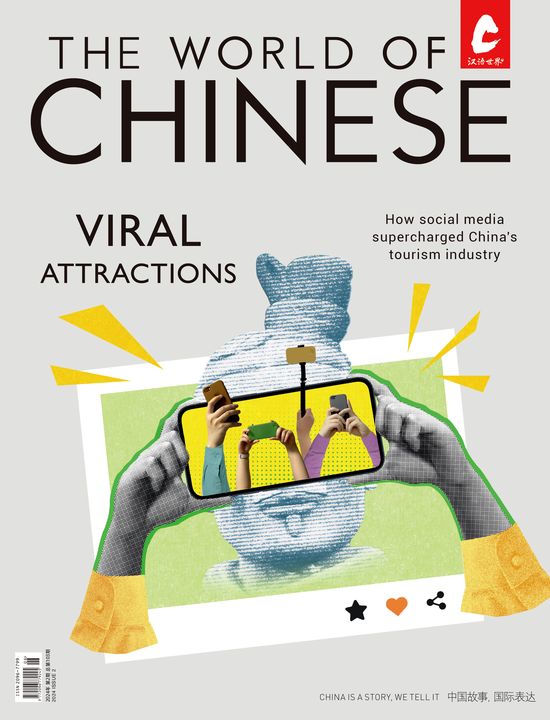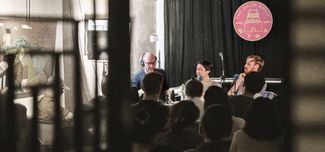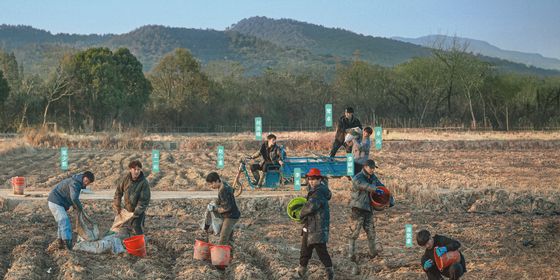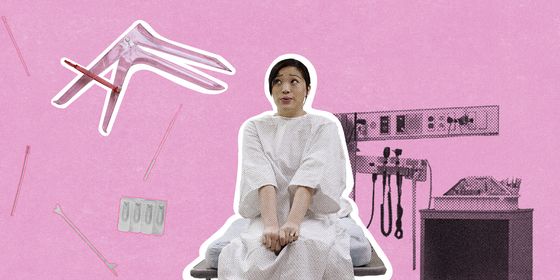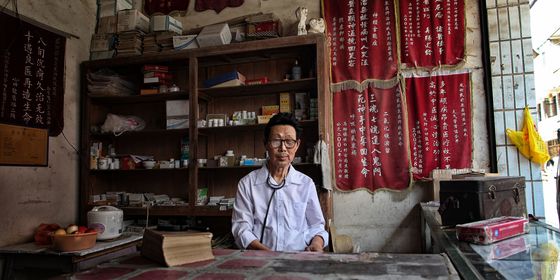Can young professionals change geriatric care in China, or will it change them first?
If it were up to Tang Yongqi, rollercoasters of the future would be fitted with straps for wheelchairs. “Amusement parks seem to be for young people only, but if we design them to better suit the elderly, maybe they would feel less awkward going there,” the 25-year-old designer tells TWOC, “and then maybe we can all have fun together.”
Tang works at So Young, a Chengdu-based startup trying to revolutionize the care of seniors in China. The roller coaster is part of her new conceptual project: a series of illustrations that express how young people imagine the future of geriatric care, or gerontology. “But maybe we can actually build it,” says Zhou Hang, So Young’s 31-year-old co-founder, “when we have the money.”
Currently, So Young operates a government-built senior home in collaboration with a local medical team in the city of Ya’an, about 130 kilometers west of Chengdu, while also putting out social media content and holding exhibitions on new ideas in elderly care. For the home’s 60 or-so residents, daily life may not include hair-raising (or denture-shaking) amusement park rides yet, but it still seems unorthodox to the general public. Traditionally, senior homes in China conjure up an image of subdued tranquility, where lackluster routines fill up residents’ days as they wait for the next visit from their children.
But a video introducing So Young on media platform Yitiao last November shows youngsters in their 20s, including Tang, dancing, laughing, swapping clothes, and putting on glamorous fashion photo shoots with their silver-haired clients. Zhou explains to TWOC that they only hold these activities once in a while in this otherwise conventional facility. But the video still captured more than 100,000 views, with many young netizens commenting they want to “reserve a spot” for when they retire.
Young folks bringing new ideas to gerontology gives the public hope, especially given the reality of China’s aging society and the field’s desperation for young talent. Many young people like Zhou and Tang enter the profession, willfully or serendipitously, with aspirations to innovate, contribute to society, or find better attitudes toward life. But the field is full of challenges, some even touching on heavy topics—like equality, life and death, and dignity—which sometimes catch the young workers unprepared.
Create a free account to keep reading up to 10 free articles each month
The Future of China’s Elderly Care is Young is a story from our issue, “After the Factory.” To read the entire issue, become a subscriber and receive the full magazine.
